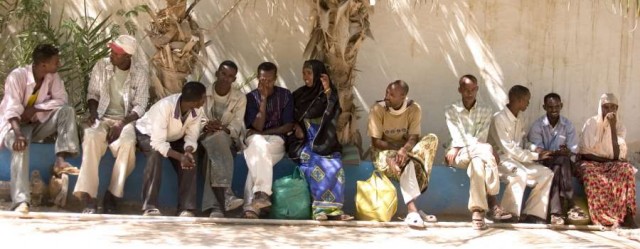Home > Who We Help > Asylum-Seekers
Asylum-Seekers

The terms asylum-seeker and refugee are often confused: an asylum-seeker is someone who says he or she is a refugee, but whose claim has not yet been definitively evaluated. On average, about 1 million people seek asylum on an individual basis every year. In mid-2014, there were more than 1.2 million asylum-seekers.
National asylum systems are there to decide which asylum-seekers actually qualify for international protection. Those judged through proper procedures not to be refugees, nor to be in need of any other form of international protection, can be sent back to their home countries.
The efficiency of the asylum system is key. If the asylum system is both fast and fair, then people who know they are not refugees have little incentive to make a claim in the first place, thereby benefitting both the host country and the refugees for whom the system is intended.
During mass movements of refugees (usually as a result of conflicts or generalized violence as opposed to individual persecution), there is not - and never will be - a capacity to conduct individual asylum interviews for everyone who has crossed the border. Nor is it usually necessary, since in such circumstances it is generally evident why they have fled. As a result, such groups are often declared "prima facie" refugees.